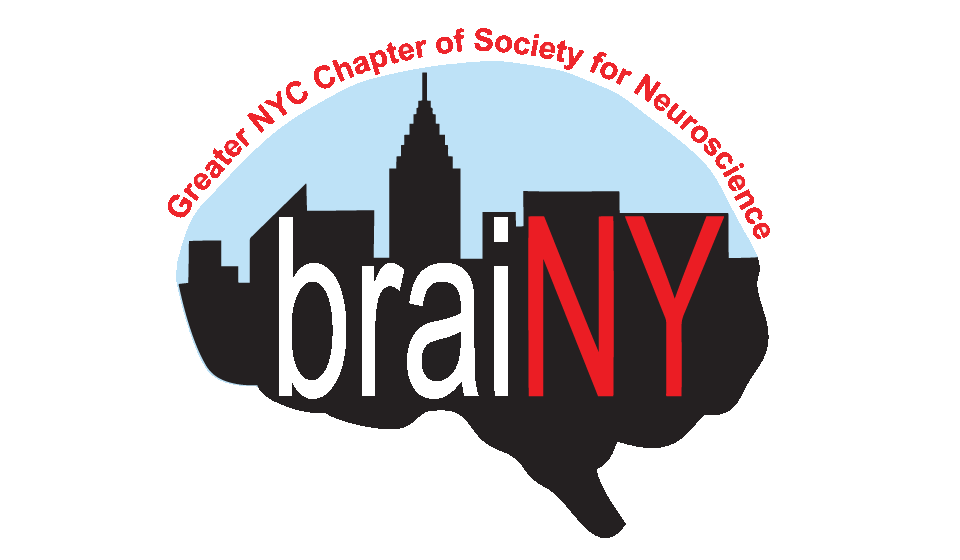Camille Phaneuf: Neural correlates of inhibitory control in youth with symptoms of food addiction
In this study, titled 'Neural correlates of inhibitory control in youth with symptoms of food addiction', we investigated the relationship between addictive-like eating and brain functioning using an inhibitory control task (go/no-go) in adolescents. Inhibitory control refers to the ability to withhold a natural behavioral response. We found that adolescents who report symptoms of food addiction have relatively reduced activity in brain regions associated with inhibitory control (left inferior frontal gyrus), as well as in regions associated with sustained attention (left middle temporal/occipital gyrus and left precuneus/calcarine sulcus), for which our task is also a proxy. We are excited about this work because it suggests that interventions looking to increase inhibitory control in individuals who endorse food addiction may be a promising direction for future research!
Link to article: https://www.sciencedirect.com/science/article/abs/pii/S0195666319313339?via%3Dihub
Camille Phaneuf (cphaneuf@nyu.edu)

